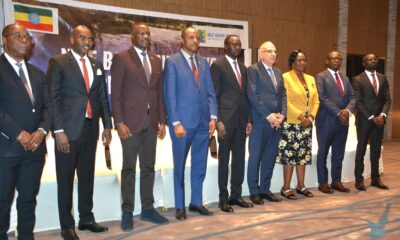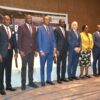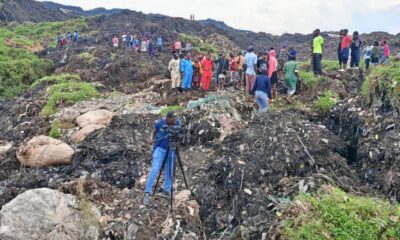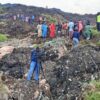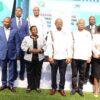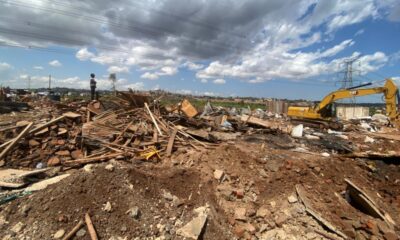Guest Writer
Deteriorating media environment must be redressed
In light of World Press Freedom Day that was marked on May 3rd, we remind those currently occupying positions of power about the importance of media freedom, especially now that the space for the media in Uganda is seriously constrained.
In a July 2015 study by Makerere University journalism professors, 57% of the 2,074 respondents rated the media environment in Uganda as “not conducive”, with only 26% saying it is “conducive”. The remaining 16% were undecided. The study, sponsored by Unesco, was led by Prof Goretti Nassanga and Dr William Tayeebwa.
It noted: “A general assessment shows that most respondents concluded that the legal and policy environment within which the media operate is mainly dictated by the government, which also dictates how the freedom of expression is respected.”
This has serious implications for media freedom. The media is primarily checks abuse of power, and this is not possible if those who are supposed to be checked wield overarching power over the media.
Immediate after the 2016 general election, for example, the police blocked journalists from doing their work. When opposition leader Kizza Besigye was under house arrest, journalists who visited his home in Kasangati were rounded up and driven to Kasangati police station, and then released without charge.
A day before President Museveni swore in for this term on May 12, 2016, Dr Besigye made an unexpected appearance downtown Kampala, prompting the military and regular police to descend with indiscriminate beatings. Journalists were not spared.
Journalists with cameras are most vulnerable to attacks by security personnel. Cameras have been damaged on a number of occasions, and photojournalists have been forced to delete pictures by security personnel. The most prominent case in the recent past is the vicious beating by Mr Joram Mwesigye, then DPC Old Kampala police station, of Mr Andrew Lwanga, a videographer with the now defunct WBS television.
Mr Lwanga suffered a damaged spine and has not recovered about three years later. Mr Mwesigye was thankfully convicted over the incident, but the sentence he was handed (a fine of Shs 1m and having to compensate Mr Lwanga with Shs 5m) was too lenient. A similar trial in Masaka yielded similar results.
Last week, former UPC leader Olara Otunnu was acquitted of charges of criminal defamation against President Museveni, just months after defamation as a criminal offense was struck down by the courts in Kenya. When invited to strike down this offense in Uganda years earlier, the Constitutional Court declined. We maintain, however, that the protection of one’s reputation is not the business of the State. Individuals who feel that they are defamed should seek civil remedies.
The State uses such criminal offenses to create a climate of fear by issuing summons to journalists to appear before the police for interrogation even over cases that the State has no intention to pursue.
New restrictive laws have since been added, including the Computer Misuse Act under which the social researcher and activist Stella Nyanzi was recently charged.
Whereas Mr Otunnu and Dr Nyanzi are not practising journalists, we recognise that the articles of our Constitution that guarantee the freedom of media and access to information don’t discriminate between journalists and non-journalists.
Also, whereas our Constitution predates the social media revolution, its framers were open-ended enough as to provide for the freedom of “other media”, in which social media should be captured. Therefore the debate to regulate social media should be cognizant of this and not impinge on rights that are already guaranteed.
To return to those in power, they owe it to the wider society, and of course to themselves, to facilitate press freedom because they may need it if on losing power their successors may find reason to torment them.
This opinion was written on behalf of the Uganda Media Freedom Committee, which is supported by the World Association of Newspapers (WAN-IFRA).
Comments






